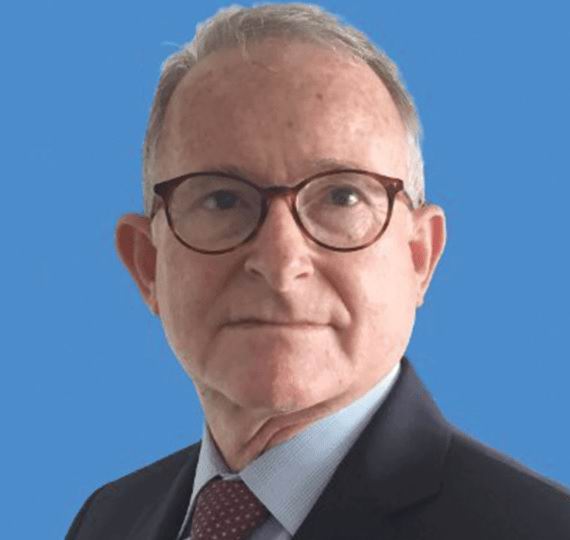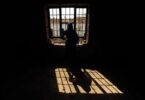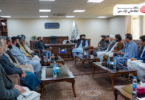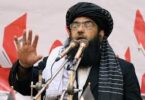KABUL (Pajhwok): The Islamic Emirate has rejected the latest report of the UN special rapporteur Richard Bennett that the human rights crisis in Afghanistan has worsened during the last six months of 2022 despite some encouraging developments.
In his report presented to the UN recently, Bennett said the systematic violation of the human rights of women and girls had deepened even further and fundamental freedoms, including the rights of peaceful assembly and association, expression and the rights to life and protection against ill-treatment had increasingly been flouted.
He said the authorities had instituted hudud and qisas punishments, measures indicative of a revival of the policies of the 1990s.
The Special Rapporteur was deeply concerned that, increasingly, the Taliban were ruling Afghanistan through fear and repressive policies aimed at suppressing communities, and women in particular.
In mid-November 2022, the authorities banned access of women and girls to parks, gyms and public baths and on 21 December, they announced the immediate suspension of women from universities. Three days later, on 24 December, women were barred from working for domestic and international NGOs, with a consequent severe negative impact on the life-saving humanitarian services they provide, the report said.
The report further said Afghanistan continued to grapple with a serious economic and humanitarian crisis affecting almost the entire population.
It said durable peace and reconciliation required an inclusive administration, represented by all political, religious and ethnic groups.
The 2004 Constitution remained suspended, and the authorities say that they were currently drafting a new constitution based on sharia law.
Both houses of parliament have been abolished, as has the Electoral Commission, the Human Rights Commission and the Ministry of Women’s Affairs. The judiciary has been replaced. The media is muzzled. In sum, checks and balances on power are severely compromised, the report said.
The report also highlighted a few encouraging developments. Senior Islamic Emirate officials held substantive discussions with the Special Rapporteur, who continued to meet with representatives of the reinstated Human Rights and Women’s International Affairs Department within the Ministry of Foreign Affairs.
An interministerial technical and coordination committee, tasked to address recommendations made by United Nations human rights mechanisms, has been established.
Discussions have begun on implementing some recommendations made by the Special Rapporteur in his initial report. The United Nations Assistance Mission in Afghanistan (UNAMA) has continued to provide technical advice and awareness-raising sessions to the Office of Prison Administration. The Special Rapporteur was informed of encouraging cooperation with regard to cultural heritage institutions.
However, deputy spokesman for the Islamic Emirate Qari Mohammad Yusuf Ahmadi told Pajhwok Afghan News about the report: “We strongly reject their claims. Alhadulillah, our system is committed to human rights.”
He added everyone in Afghanistan enjoyed their right.







